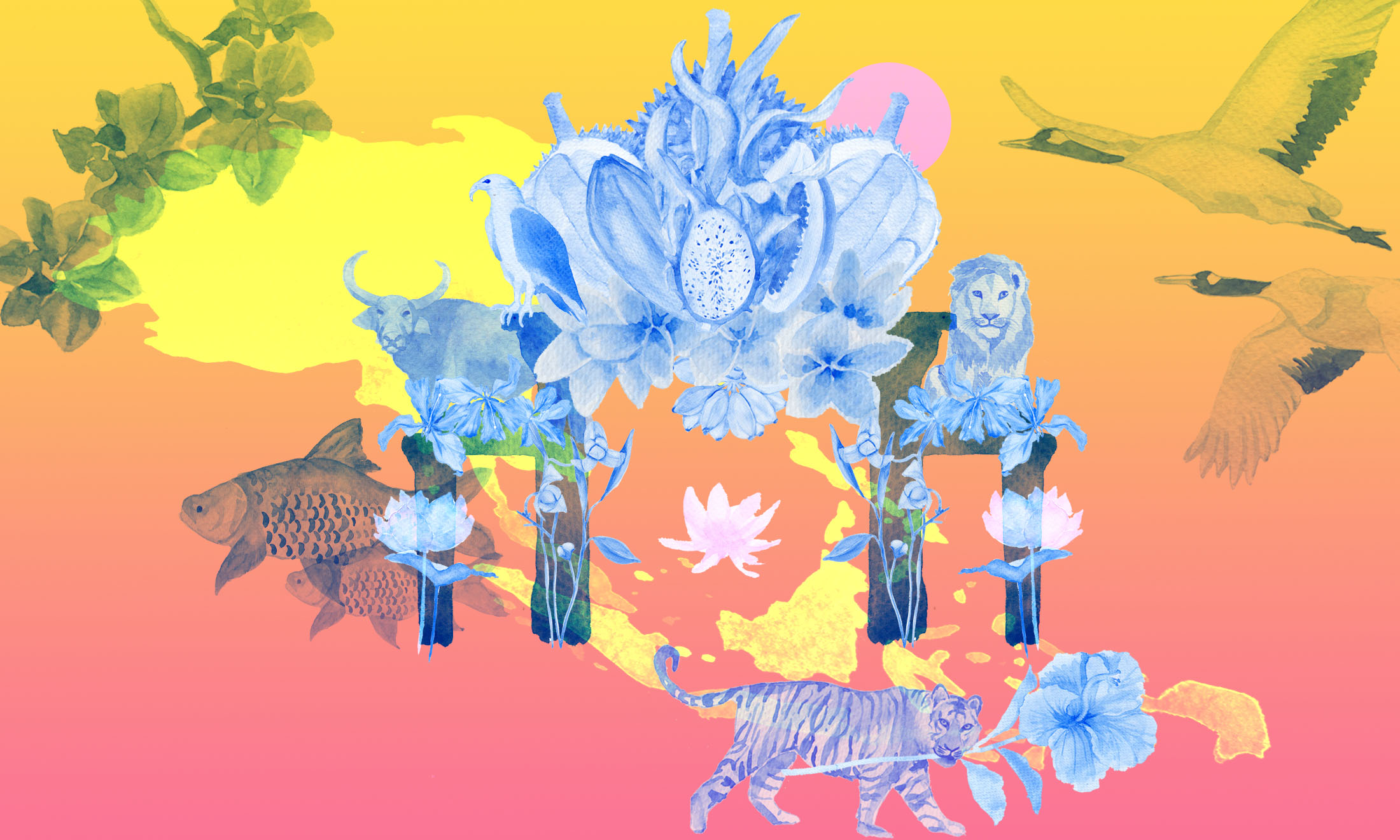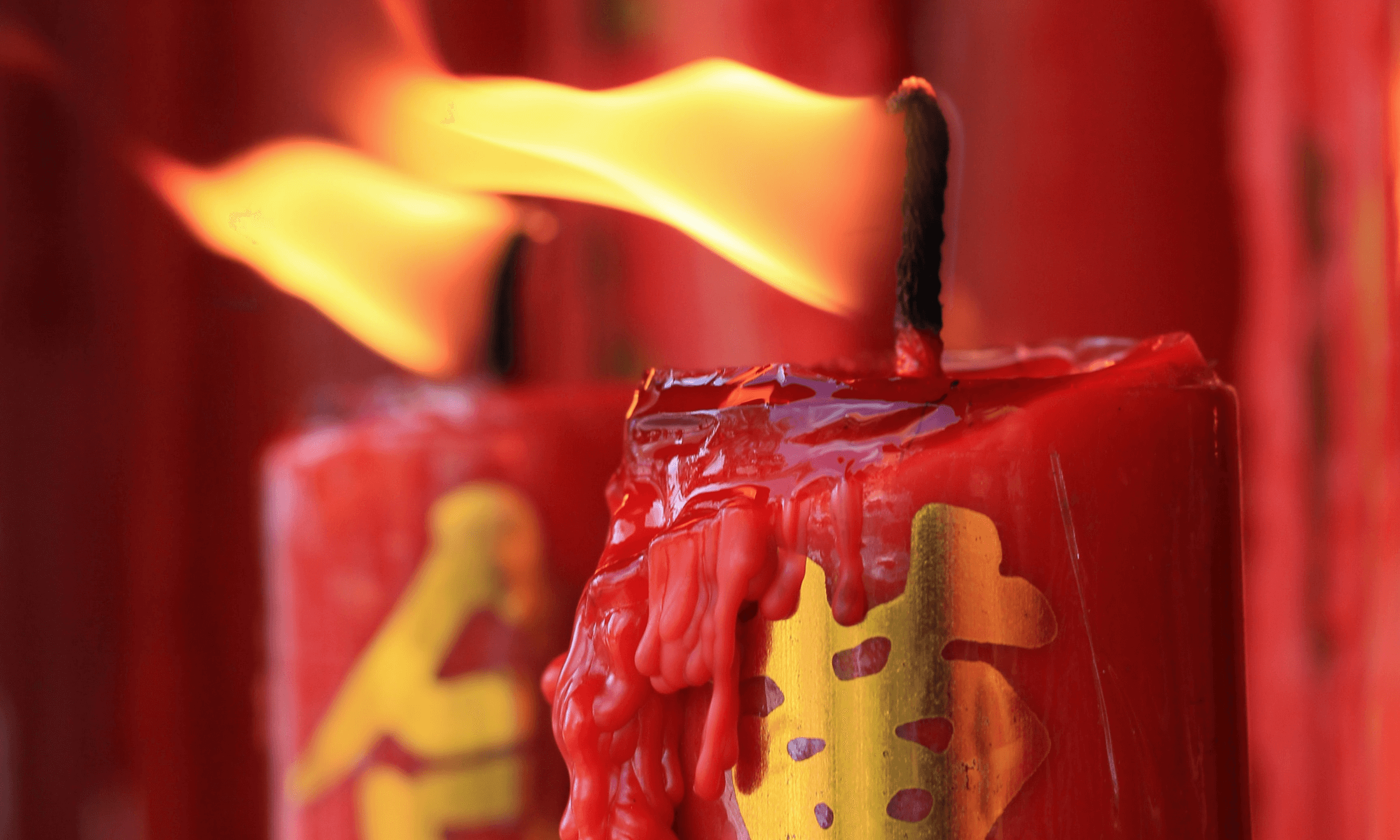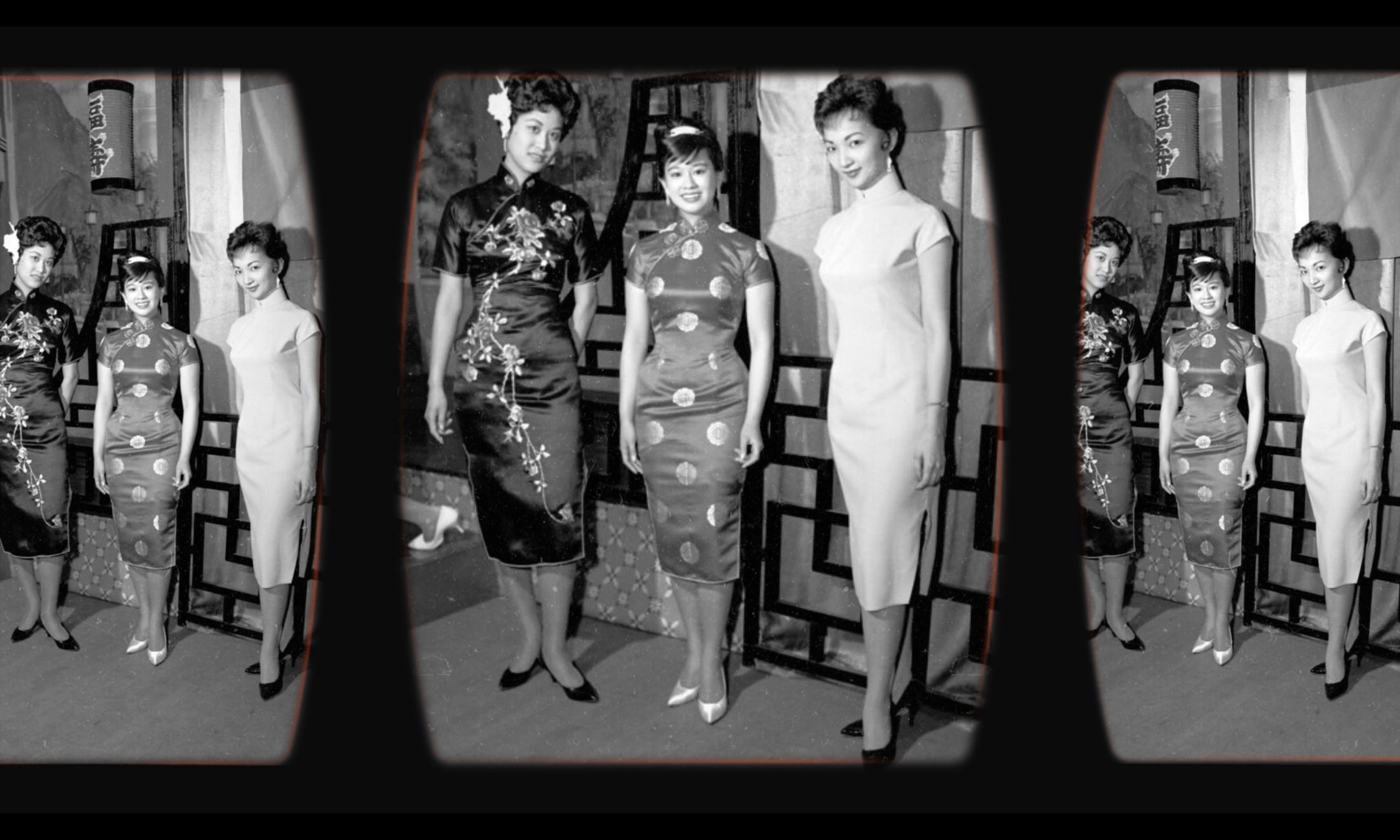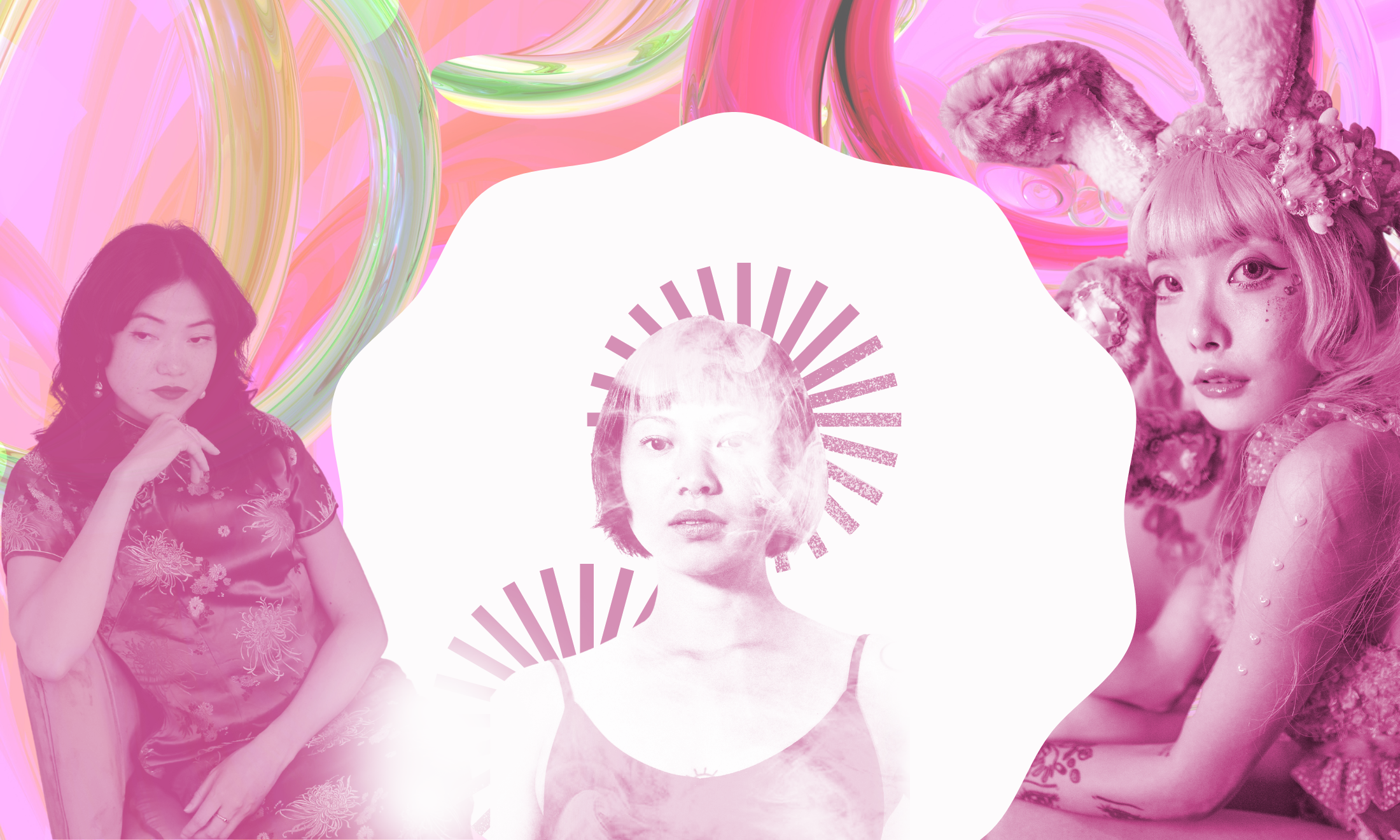
Morokoth Fournier des Corats
The UK’s first ESEA Heritage Month is an overdue celebration, and a vision for our future
The first observance of its kind this September is an opportunity for our communities to take up the space we’ve long deserved.
Mai-Anh Peterson
01 Sep 2021
The ESEA community in the UK has long been denied a voice when it comes to the country’s racial discourse. Various factors have contributed to this historical silence – or perceived silence – including the geographic scattering of these communities throughout the country. Since the first Hong Kong Cantonese migrants began opening restaurants and takeaways in significant numbers in the post-war 1950s, it became an economic necessity for many to move into rural areas with less competition, and in the 1980s, Thatcherite dispersal policies were imposed on Vietnamese families who sought refugee status in the UK, initially intended to encourage ‘integration’ but often resulting in further isolation. Now, as second and third generations of ESEAs have moved about the country, notably in large cities like London and Manchester, the digital age of social media organising has meant that we’re able to connect, share and mobilise like never before, dispelling tired, racist myths of submissiveness and homogeneity. That’s why we at Britain’s East and South East Asian Network (known as besea.n) are so excited about launching the UK’s first ever ESEA Heritage Month this September.
This year’s programme of events takes us on a Filipino food crawl of London, through one artist’s exploration of their Khmer identity on the south coast, to digital panel talks celebrating queer ESEA heritage. besea.n’s own flagship projects include an online, multimedia exploration (entirely written, shot and produced by ESEA women) on how the refugee migration from Vietnam in the period from 1975 to the early 1990s shaped ESEA communities in today’s Britain, as well as two in-person events in the heart of London’s Chinatown. The events – which coincide nicely with besea.n’s first anniversary – will consist of panel talks and speeches covering various aspects of British ESEA experience, concluding with a showcase of ESEA comedians Phil Wang, Evelyn Mok and Ken Cheng, as well as a performance from BAFTA-winning poet Enxi Chang. Happy birthday to us!
“We are the children of refugees, economic migrants, takeaway workers, academics, engineers, hustlers, artists and survivors”
If there’s anything we at besea.n have learned in life so far, it’s that cultural identity is so uniquely personal and fluid that there is simply no way any single organisation or individual can speak on behalf of a community. While members of the East and South East Asian (ESEA) community in the UK share many cultural traits, practices and the occasional in-joke, all of our experiences are uniquely our own – and therein lies their beauty. Popular acronyms like BBC (British Born Chinese) have so many different identity tributaries, from Taiwanese to Macanese, from Malaysian to Singaporean Chinese, from Hokkien to Viet Hoa. And that’s without adding in layers of identity forged by things like environment, gender, sexuality and more. Any efforts to speak for and uplift our communities need to create sp ace for as many individual voices as possible.
We are the children of refugees, economic migrants, takeaway workers, academics, engineers, hustlers, artists and survivors. From Haiphong to Saigon, from Hong Kong to mainland China to Brunei, our lineages span such a multitude of regions, ethnic groups and cultures that we may never fully be able to understand them. Wherever our ancestors came from, we’re here today in Britain, and we wanted a chance to tell the world what that means to us.
besea.n is a movement that was born out of a shared pain, during a time when our communities were more isolated than ever before, and a global pandemic had lifted the lid on an already deeply ingrained mistrust of, and violence toward, ESEA people. That pain led six women to find each other online and create an intimate, deeply personal space for sharing trauma and unpacking our own very nuanced, individual identities, before channelling that discovery into collective action.
“ESEA Heritage Month is a chance for anyone who identifies as ESEA to explore and celebrate their cultures and identities, and to take up space in a society where our voices and stories are rarely centered”
Some of us had repressed our identities for many years, having grown up without peers from similar communities, believing – naively – that assimilation would bring us the social acceptance we had always craved. Others were still trying to grapple with the realisation that they had always been the sidekick or the supporting character in their own life narratives. Some were struggling with imposter syndrome in a world that outlines cultural benchmarks to evaluate your level of belonging based on the languages you speak, the dishes you can cook, the family traditions you uphold or the places you’ve visited.
ESEA Heritage Month is a chance for anyone who identifies as ESEA to explore and celebrate their cultures and identities, and to take up space in a society where our voices and stories are rarely centered. It’s also an opportunity for others to learn about our diverse narratives and support our community, in both our achievements and our struggles.
How does one start a heritage month, exactly? We weren’t sure either. So we put out a call, and the community answered. Now, with more than sixty events planned across the UK, it shows us that there is a clear demand for such an observance, to put our stories out there in a way that is defined by us and for us.
To see the full line-up of events, visit the besea.n website for more details. We also invite everyone to write to their MPs using this template and to share news of our campaign and events on social media using the hashtag #ESEAHM2021, as we seek to take up as much space as possible, in the hope that our celebration will gain widespread public recognition and allow us to make this the annual observance we have long deserved.

This Lunar New Year, Asian communities deserve the right to grieve and fear

When will fashion brands stop sexualising the cheongsam?

Students build own support groups as universities fail to act on racism






